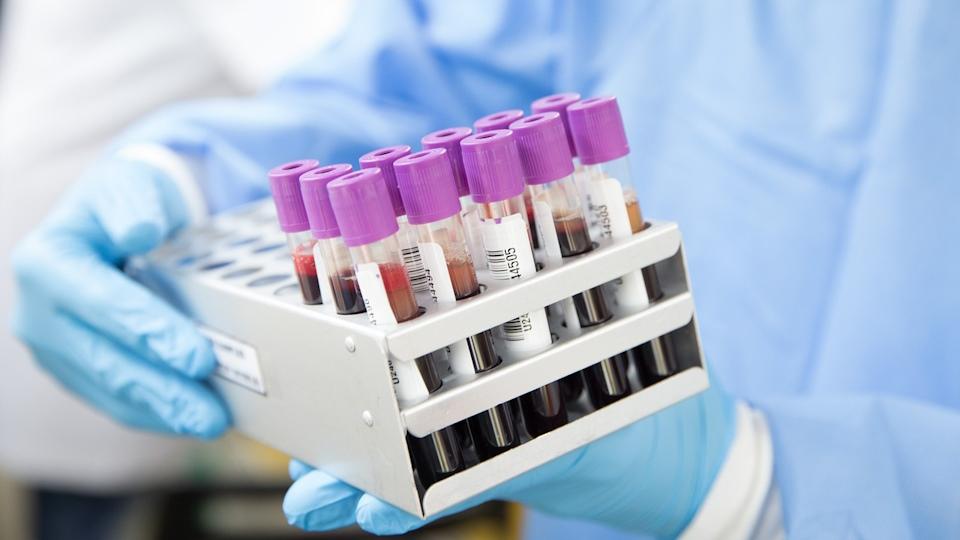Trial raises hopes for simple Alzheimer’s blood test

Testing a person’s blood for a protein called phosphorylated tau could provide a means of large-scale screening for Alzheimer’s disease (AD), according to a new study.
The immunoassay – which has been developed by California biotech ALZpath – focuses on a form of phosphorylated tau known as pTau217 and might be able to detect elevated risk of AD years before symptoms develop.
At the moment, AD is typically diagnosed with the help of time-consuming and expensive PET brain scans or invasive cerebrospinal fluid (CSF) analysis carried out by lumbar puncture, coupled with cognitive testing.
All of these tests can be hard to access for patients, which contributes to the current situation where almost four in 10 people with dementia do not have a diagnosis, according to the Alzheimer’s Society.
The pTau217 assay was found to be 96% accurate in identifying elevated levels of amyloid and up to 97% accurate in correctly identifying high levels of tau when compared with CSF testing, according to the study in almost 800 middle-aged and older people with and without cognitive impairment, which has been published in the journal JAMA Neurology.
The test was able to distinguish between people who were likely, intermediate, or unlikely to develop AD, according to the researchers, and was also able to detect changes in their risk profile over time.
“Expanding access to this highly accurate AD biomarker is crucial for wider evaluation and implementation of AD blood tests,” write the researchers in the paper.
Dr Richard Oakley, associate director of research and innovation at Alzheimer’s Society, said the study is “a hugely welcome step in the right direction, as it shows that blood tests can be just as accurate as more invasive and expensive tests at predicting if someone has features of Alzheimer’s disease in their brain.”
Results from the test could be clear enough to not require further follow-up investigations for some people living with AD, which potentially could speed up diagnosis pathways, according to Oakley, although, he said additional research is needed to make sure the results apply to real-world settings.
The researchers estimate that a blood test could help to reduce the demand for follow-up testing by around 80%, saving health systems money.
An effective blood test will be invaluable for selecting patients who may benefit from new AD therapies like Eisai and Biogen’s amyloid-targeting antibody Leqembi (lecanemab), which is now approved in the US, Japan, and China, and under regulatory review in Europe.
The Alzheimer’s Society recently launched a five-year Blood Biomarker Challenge project in the UK in partnership with Alzheimer’s Research UK and the National Institute of Health and Care Research (NIHCR) to gather the information needed to introduce a blood test for dementia into UK healthcare systems.
“Before these tests become widely used in the NHS, we will need further evidence to show that the blood test can accurately diagnose who is in the process of developing dementia, and that it can identify who is likely to benefit from treatments to slow down the disease,” commented Prof Charles Marshall, professor of clinical neurology at Queen Mary University of London.
“We will also need to ensure that the blood test performs equally well in more diverse populations, so that it does not worsen existing health inequalities in access to diagnosis and treatment for dementia.”
ALZpath said that the pTau217 assay will be available for clinical use as ALZpath Dx later this month in the US.
Image by Ahmad Ardity from Pixabay













